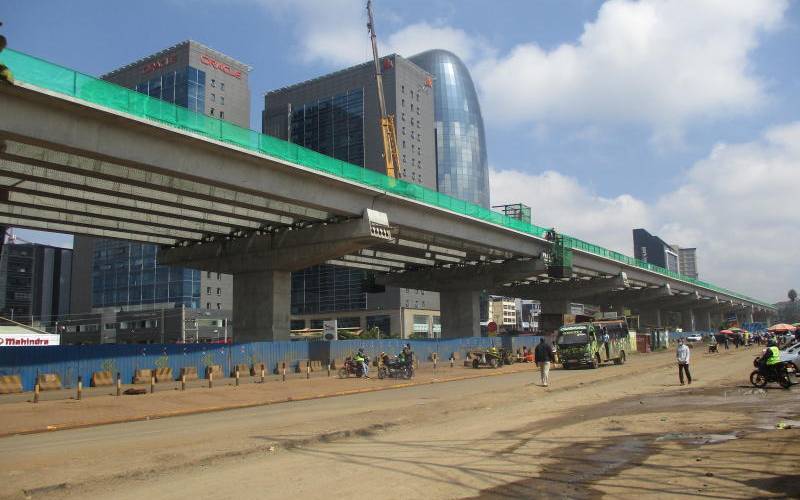×
The Standard e-Paper
Kenya’s Boldest Voice

Ongoing construction works on the JKIA-Westlands Expressway on Waiyaki Way in Nairobi at Westlands.[Wilberforce Okwiri,Standard]
I was in New York on a cold November day in 2008 when a friend I was visiting invited me for dinner with George Soros, the Hungarian-born American billionaire investor and philanthropist.







